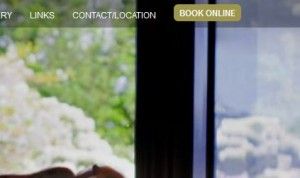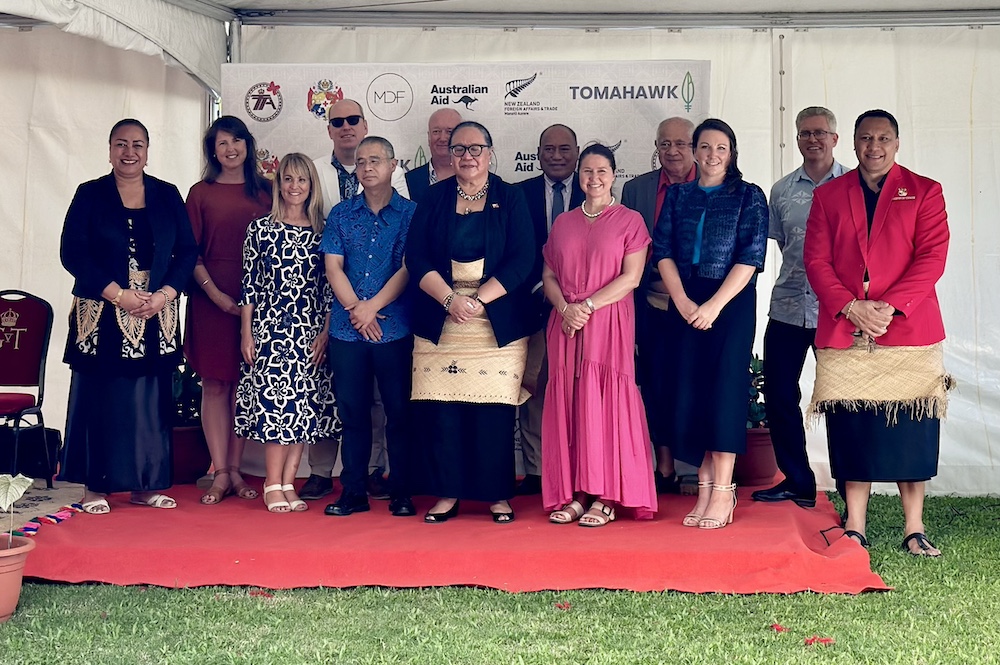The five tourism website must-haves for today's market
By Tomahawk on
The growing on-line community is rapidly becoming THE marketplace to compete within.
Increasingly savvy browsers can hunt out the exact thing they are looking for, compare you against your competitors and find the price they want.
What this means for suppliers of a commodity (from accommodations to activities and rental cars to wine) is that you need a website that keeps it really simple, with information that is easy to find and an accurate portrayal of what you provide (or be at the mercy of an upset customer on TripAdvisor, Facebook or Twitter!) .
You have probably heard it all before, but the reason you keep hearing it is because it is vital to your business! Your customers are online, looking at your site and if you don't look after it, you could be losing potential clients.
My five key tips to you are these:
1. Take the viewpoint of the people that use your site.
We hear it time and again from website owners that they love their site - that's all well and fine but do the visitors you are trying to attract like your site? That is the better question. Take a look at your analytics and find out how people are using your site
2. Image is everything.
If you have unappealing images that are out of date and that make you look like a 70's disco gone wrong (Unless you are a bad 70's disco themed business) then all the hard work and love that you are putting into your business could be wasted in the few seconds you have to impress on your site visitors.
3. Update your website with copywritten, search engine rich content.
If you have a static site that you are not doing anything with and it just sits there - it will be like a still pond; it stagnates. Google and other search engines will rate other sites that are fresh and well-constructed higher than you and you will slowly drift into obscurity. (Need ideas to keep your content fresh: what about a blog?)
4. Content is king.
Now this does not mean that LOTS of content is king, it means that carefully constructed content that is optimised for the right searches is going to be a winner. Getting this done right, professionally and refreshed every year is a great way to keep your site ranking well.

A clear and clickable call to action helps funnel and convert your desired actions.
5. Make it EASY for prospective clients to contact/book/email/find you
Here is a bad example: A friend rang me yesterday, lost on her way to an activity we had visited and recommended to her. I went to find directions. Not on their website. Google maps didn't list it. No business listing. No address even on their print media or business card. You have to ask if they really want the business.
Get listed, make it easy to book, don't hide the 'Book Now' button on the bottom of your site, have your contact details easily found, submit your business to Google Maps so anyone can find you.
In today's fickle and changing world we still all want our share of the tourism market and the clients to book, so my question to you is: Does your website generate the income it should? If not then it really is time to do something about it.
Find out more about tourism websites and marketing? Or get in touch with us we love to chat!
Read more articles
5 Ways Effective Branding Will Boost Your Bookings
By Tomahawk |

Operating a tourism business can be extremely competitive! Standing out is key to attracting visitors and driving bookings. While offering exceptional services and experiences is crucial, effective branding can often be the...
Tomahawk to Lead Rebranding Strategy for Tonga Tourism Authority
By Tomahawk |

In a significant move to revitalise Tonga's tourism sector, the Tonga Tourism Authority (TTA), with support from the Market Development Facility (MDF), an Australian and New Zealand Government-funded programme, has announced its...
